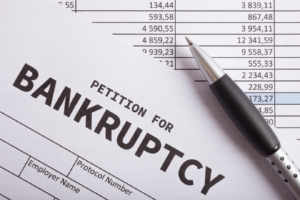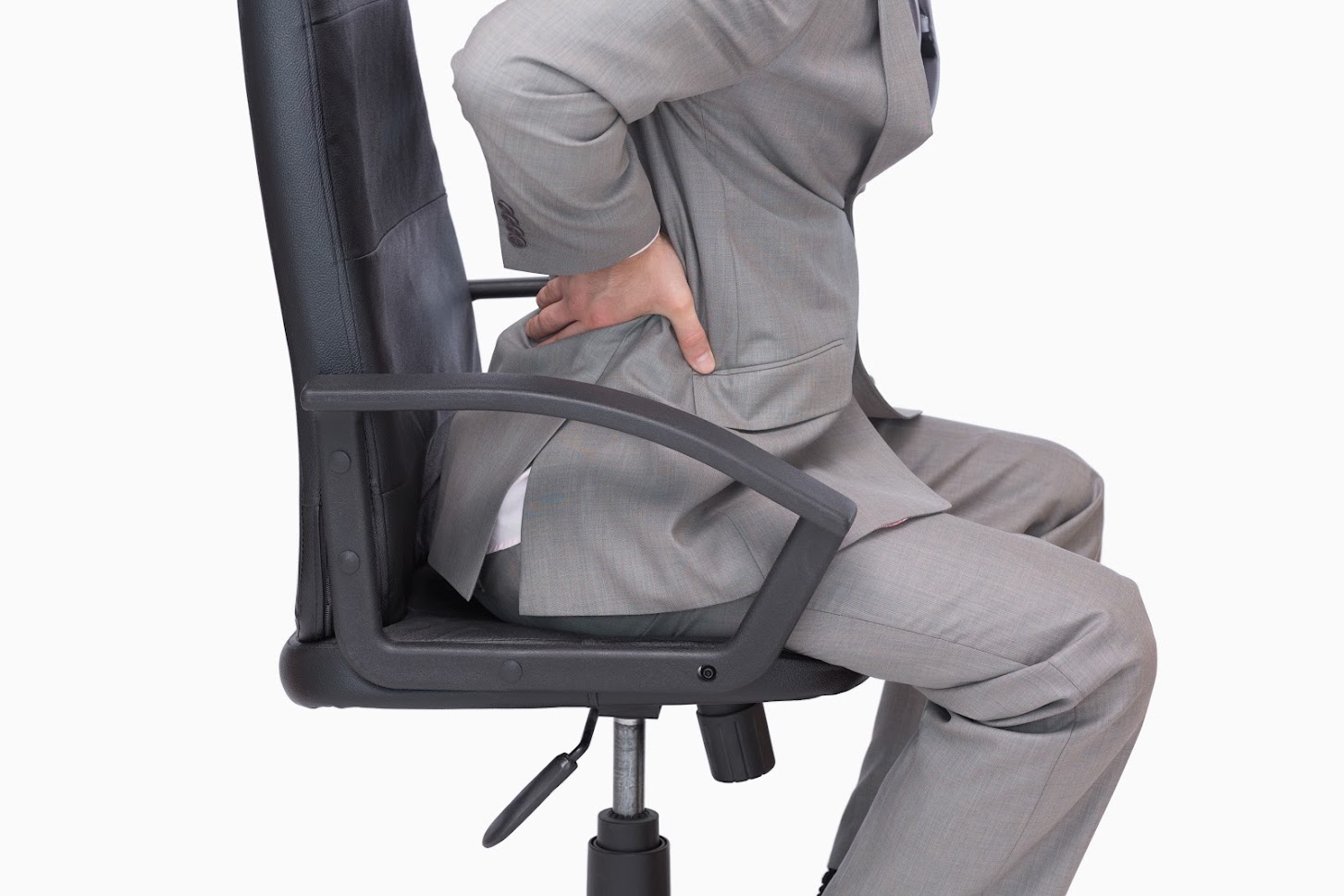With so many people struggling financially, bankruptcy is not an uncommon process. In fact, going through bankruptcy can actually improve your overall financial situation in the long-run. If you have been considering filing bankruptcy to eliminate some of your debt, check out how long each part of the process lasts, to determine if it’s worth the time.
Initial Filing Process
The initial filing process for Chapter 7 bankruptcy is actually rather quick and only takes between four to six months. Naturally, more complicated cases may take longer. Also, your attorney can’t do anything without information from you, so if you take too long to submit financial statements and other documents, you can hold up the process.
During this time, you will also have to attend a 341 hearing or a hearing of creditors. While this may sound a little overwhelming, it’s actually just a few questions about your financial situation. Your attorney will help you prepare proper answers, and the actual meeting is only about ten minutes.
If you file for Chapter 13 bankruptcy, the timeline may be more complicated. This is largely due to the fact that with Chapter 13, you aren’t wiping away all your debt. You wipe away most of it, but repay some of the debt. For this reason, you and your attorney will need to work together to determine what is and isn’t included in the bankruptcy, such as your home.
Chapter 13 Repayment Period
Chapter 7 bankruptcy ends quickly after the meeting of creditors. Once it is closed, you are no longer in bankruptcy. With Chapter 13, however, you must repay some of the money, which means you won’t be out of bankruptcy for a few years. The repayment plan cannot exceed five years.
When repaying the debts, you don’t pay lenders directly. You pay a trustee a mass lump, and the trustee splits the money and pays the lenders for you. In some case, even bills not included in your bankruptcy must be paid via the trustee. For example, if you have a car that you are going to keep, during the repayment period, the trustee may pay that bill for you.
Once the repayment period has ended, you are out of bankruptcy. You’ll no longer have to pay on debt that has been cleared, but you will have to start paying your other bills again, such as bills for the car you’ve kept.
Credit Report Effects
Even after you’ve been discharged from bankruptcy, it can affect you for years because of your credit report. Everything negative gets put on your credit report to warn lenders of your high risk, and a bankruptcy can be a huge red flag.
If you file Chapter 13, the bankruptcy only impacts your credit for seven years from the filing date. Therefore, if you file Chapter 13 and have a repayment plan of five years, you’ll only have the bankruptcy on your credit report for two more years after repayment.
Chapter 7 is a little stricter. This type of bankruptcy will stay on your credit report for ten years from the filing date. Since there is no repayment period, this means that once you’re out of bankruptcy, you may still struggle for ten more years to get loans or even a job.
Just about everyone has some debt, but when yours gets to be too much, filing for bankruptcy can be a good idea. It may negatively impact your credit report for a short time, but in the long-run, it can actually help you finally get out from under crippling debt. If you would like to know more, or if you need to request a consultation, contact us at Randall A. Wolff & Associates, Ltd., today.






